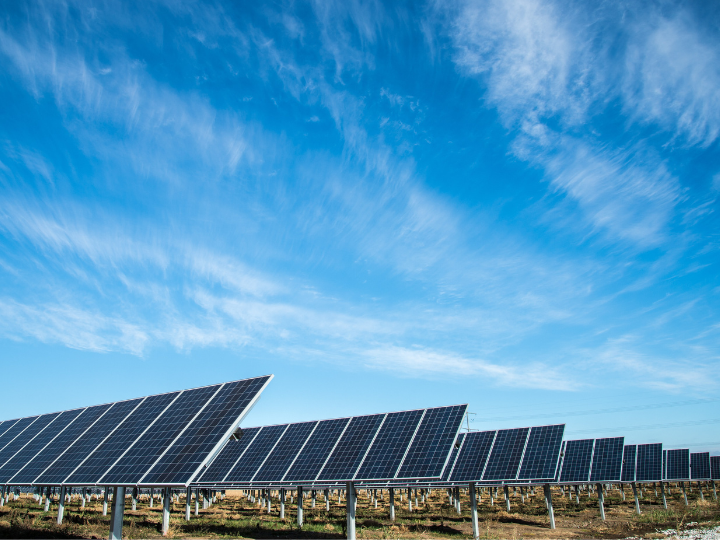by Elizabeth Burlon*
This week I saw an ad on Instagram that read “Have you had an energy bill like this? <picture of an annual energy bill doubling from April 1st> Install Solar and AVOID energy price increases”.
In fact, I had received a bill like that, and I would very much like to avoid energy price increases. Despite working in the electricity industry, normally my Instagram ads are the normal young mother stuff – so how many other consumers are receiving this message?
Energy prices have been in the headlines in the United Kingdom and were set to increase before the Russian invasion of Ukraine. I did a quick payback calculation of solar panels for my house through the London Solar Together scheme and found that on my current tariff the payback is about 9.5 years. On the tariff we will move to as of April 1st it is 6 years.
That is a significant jump in benefit, and with energy prices only predicted to increase over the next year as we transition away from importing Russian gas the business case for the average British homeowner to install solar is looking more compelling than it has in recent memory.
Clean electrification and energy consumption in the US
So – are we at the tipping point for a boom in residential solar? We very well could be. The initial capital outlay is still high. Group buying schemes like Solar Together can help make distributed energy generation more accessible. Homeowners who live in participating councils can register basic details about their property and get an estimate of cost and generation capacity. Then the scheme providers can go out for a mass tender, which saves residents the challenge of finding a provider and the cost of individual tenders.
Retail banks should also take advantage of the current trends to offer “green loans” in the residential sector - financing options on solar, storage and electrification products to help homeowners and landlords retrofit their buildings to generate their own electricity and use it more efficiently.
Saul Griffith writes in his book “Electrify” that through clean electrification of the US economy the country’s energy use would halve. Once a homeowner is making their own electricity, it’s a natural next step to maximise the use of that electricity through electric heating and transportation –which is more efficient than using fossil fuels and eliminates the fossil fuels expended in getting the traditional energy (gas, petrol) to the end user. Rewiring America forecasts that the average household in the US would save $365 on their energy bills through electrification.
Cross-sector collaboration is needed
The electric economy is not going to happen in isolation. Products need to be easily accessible to the customers with the benefits understood. This means a convergence of offerings from utilities, energy technology providers and financiers – as well as the right messaging from government and popular culture.
Eurelectric and Accenture engaged consumers from eight different European countries in a series of workshops in 2019 and found that consumers want to be involved in the energy transition, but are often overwhelmed by choices while also not feeling they have enough information to make a choice about low-carbon technologies for their homes. This is an opportunity for cross-sector collaboration, and for retail utilities or other trusted players to act as a gateway for consumers to access the information and products needed to electrify their everyday lives.
Electrification of our homes and businesses has a domino effect of implications for the grid. Network providers need to manage new loads and intermittent renewables on the distribution grid - ideally without adding too much additional capacity for two reasons:
1) Capital projects can have very long lead times.
2) The expense of capital projects will add to the total cost of running the network, which gets us into a feedback loop of increasing customer bills.
This is another opportunity for cross-sector collaboration. Digitizing the grid and working with large consumers, generators, aggregators, or buildings that can house storage can allow grid operators to actively manage the network to incorporate this new load.
It won’t be easy, so we need to start working now to construct the digital grid capabilities to support electrification in the future.
Shifting the geopolitics of energy
There is a geopolitical urgency to electrify. The move away from Russian gas across Europe leaves a hole in the energy economy that clean electrification can fill if we act fast – not only accelerating the clean energy transition but engaging residential consumers and shifting the geopolitics of energy.
Every solar panel that takes demand away from a gas power plant, and every heat pump installed that lowers the demand for gas heating is one more step for energy independence from Russia. That’s a lot of fallout from an Instagram ad.
*Forum Project Fellow, Global Net Zero Cities Lead, Accenture
**first published in: www.weforum.org




 By: N. Peter Kramer
By: N. Peter Kramer
